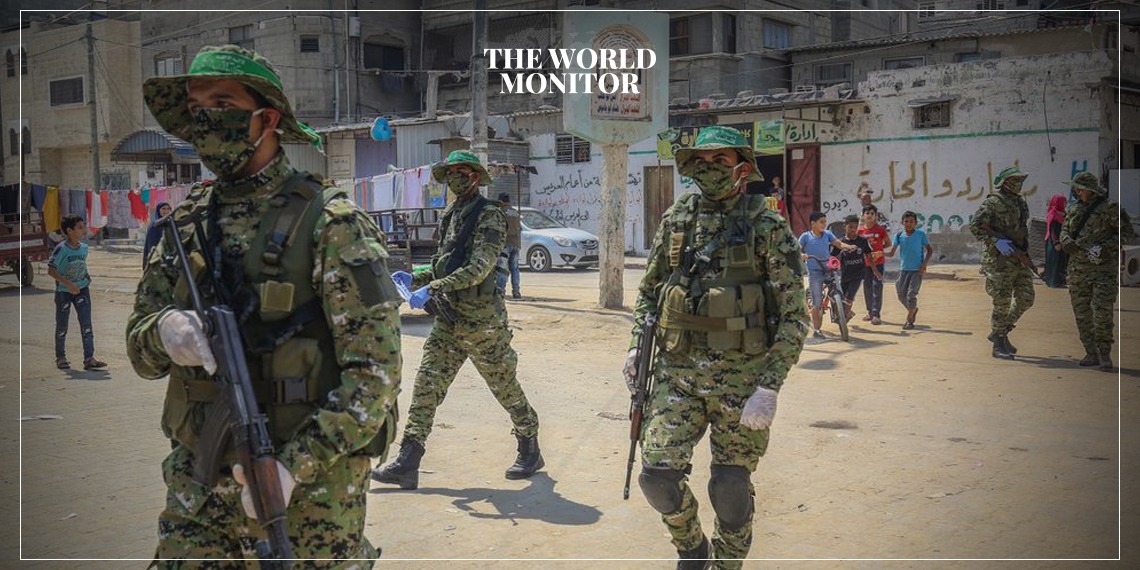In response to the Israeli military’s operation near the Al-Shifa Hospital in Gaza, the White House has made it clear that it opposes the bombing of hospitals and does not want to see any exchange of gunfire within their premises. The statement comes amid escalating tensions in the region.
A spokesperson for the National Security Council at the White House, who requested anonymity, emphasized, “We do not support aerial strikes on hospitals, and we do not want to witness armed clashes within hospitals where innocent and vulnerable patients seeking medical care are placed in harm’s way.” The spokesperson stressed the importance of safeguarding hospitals and the well-being of patients.
The Israeli military forces had entered a portion of the Al-Shifa Medical Complex in Gaza, which had been under siege for six consecutive days. Reports from medical sources indicated that Israeli tanks entered the compound from the western side amidst intense gunfire. Snipers were also reported to be positioned around the complex.
The incursion targeted the new surgery and emergency buildings within the Al-Shifa complex, which house both patients and medical staff. Israeli forces conducted searches inside the complex amid heavy gunfire.
Earlier, the Israeli military had informed the medical staff at Al-Shifa of their intention to enter the compound, causing panic and fear among patients, refugees, and medical personnel. The situation remained tense, with Israeli tanks stationed at the entrances of the medical complex, and the surrounding area witnessed ongoing shelling and intense gunfire.
Palestinian Minister of Health, Mai Alkaila, issued a concise statement, placing full responsibility on the Israeli forces for the safety and lives of the medical staff, patients, and refugees within the complex.
It is worth noting that the Al-Shifa Medical Complex houses around 650 patients, including 100 in critical care and pediatric units. Additionally, there are approximately 500 medical staff members and 4,000 to 5,000 displaced individuals, including children, women, and the elderly, all facing challenging conditions due to power outages caused by fuel shortages. The situation remains extremely dire.






